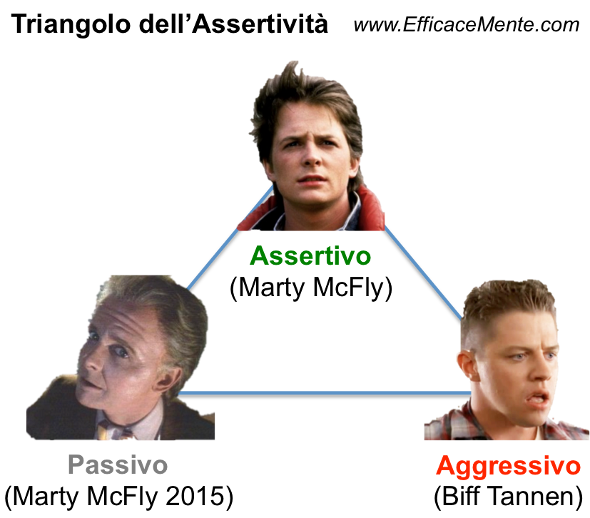How we communicate with ourselves is one of the key factors in improving our self-esteem. If the inner dialogue is based on constant self-criticism, self-esteem will suffer. Let's think about it: if we criticized someone with phrases such as "you will never make it", "you are useless", "you are worth nothing" ... how would that person feel? How would we feel?

Last update: February 19, 2022
Improving self-esteem is an aspect to which we should all pay due attention: as we grow, we build our identity and strengthen the image of ourselves. This mechanism of self-knowledge and personal growth becomes indispensable for interacting in a healthy way with the world around us and with ourselves. But how to improve self-esteem?
Self-esteem is closely linked to the concept of self. Self-concept refers to the beliefs that each person has about himself. Self-esteem represents the emotional echo of the self-concept: how we feel with the image we have of ourselves. The concept of self and self-esteem are therefore concepts related to each other and which feed each other.
But what happens when self-esteem and self-concept are so low that it affects our life? And specifically, how can we improve self-esteem? Here are some ways to improve it.
How to improve self-esteem by taking care of yourself
The way we take care of ourselves is a consequence and at the same time the foundation of our self-esteem. We can do this with others: taking care of someone can make them feel better. Well, we too are subject to this dynamic, even if we often forget it.
We may begin to improve self-esteem by making more realistic judgments about our results or real responsibility for certain mistakes or unattained goals. It is equally important to remember what we want, what we need and to take time for ourselves.
Identify your strengths
To improve self-esteem you have to rely on your strengths. We remember that we all have skills to work on to improve, and a lot, our performance.
The results obtained can give us clues to these strengths. Let's ask ourselves: what are my strengths? What are my positives? What's good about me? We try to answer honestly, otherwise they won't help us at all.
Change your inner dialogue
How we communicate with ourselves is a key factor in improving self-esteem. If our inner dialogue is based on constant negative criticism, self-censorship or punishment, self-esteem will be one of the first to suffer the consequences.
Let's think about it. If we criticized someone with phrases like "you are good for nothing", "you are useless", "you do not deserve anything" ... how would that person feel? The same is true if we address those words to ourselves, turning us into our worst enemies.
In a sense, such an internal dialogue is irrational, as it interprets any situation in the worst possible way, even when the evidence to support certain conclusions is somewhat weak. Faced with these negative thoughts it is important:
- Identify them: what kind is my inner dialogue? What emotions does it generate? Is what I say to myself true or completely irrational?
- Implement strategies for reduce the power they have over us.
One way to start introducing changes in your inner communication might be based on questions like: What would I say to a friend? What words of encouragement would I use with those I love? We will then use the answers to improve our inner language by making it more positive.
How to improve self-esteem: acceptance and forgiveness of oneself
We all have a hard time accepting certain aspects of ourselves, how we feel and how we are. A friction that risks damaging our self-esteem: not forgiving and not accepting ourselves paradoxically strengthens the main psychological persecutor, that is guilt, which always tends to belittle us.
In this sense, Kristin Neff of the University of Texas, in her self-esteem study states that treating yourself with more kindness and self-compassion helps to increase self-esteem in a healthier way. To improve self-esteem, you must therefore forgive yourself and accepting being human and making mistakes, without necessarily blaming yourself.
Try to treat yourself with the same love and respect with which you would treat someone you love, by offering support and being understanding with yourself, instead of criticizing and judging yourself all the time. Stop punishing yourself every time you make a mistake
Finally, one of the obstacles to improving self-esteem is setting goals that are too high and difficult to achieve; those who then only end up generating frustration and maintaining a negative self-concept.
It is therefore important to plan differentiated goals, those that represent challenges through which to grow, and more achievable goals that serve as reinforcement in times when it is difficult to reach the bigger ones.


























